CYTOGARD 20mg Tablet 10’s
$17.60 Original price was: $17.60.$6.40Current price is: $6.40.
- Cytogard 20mg contains Trimetazidine, a medication used to treat angina pectoris (chest pain due to reduced blood flow to the heart).
- It works by improving the efficiency of heart muscle cells and enhancing oxygen utilization, thereby reducing symptoms of chest pain and fatigue.
- Cytogard is often prescribed as part of a treatment plan for stable angina or as an adjunct therapy for other heart conditions.
Out of stock

NHS AFFILIATED DOCTORS

FDA APPROVED PHARMACY

AFFORDABLE PRICE GURANTEE

FAST & TRUSTED DELIVERY
What is CytoGard 20mg Tablet?
CytoGard 20mg Tablet contains Mycophenolate Mofetil, an immunosuppressive medication used primarily in organ transplant patients to prevent rejection. It works by inhibiting certain immune system functions that could attack the transplanted organ. It may also be used in the treatment of certain autoimmune diseases, such as lupus nephritis.
What are the Benefits of Using CytoGard 20mg Tablet?
- Prevents Organ Rejection:
- Most commonly used after organ transplants (e.g., kidney, heart, liver) to prevent the immune system from attacking the transplanted organ.
- Treatment for Autoimmune Diseases:
- Helps control symptoms of autoimmune diseases like lupus nephritis by suppressing overactive immune responses.
- Improves Organ Function:
- Reduces the chances of transplant rejection, thereby improving the survival rate of the transplanted organ.
How to Use CytoGard 20mg Tablet?
- Dosage:
- The dosage depends on the type of organ transplant, the patient’s response, and other medications being taken. Generally, the starting dose is 1g twice daily (for kidney transplant).
- Your doctor will adjust the dose depending on your condition.
- For autoimmune conditions like lupus nephritis, lower doses may be prescribed.
- Administration:
- Gulp down the tablet with a full glass of water.
- Swallow the tablet whole with a full glass of water.
- Duration:
- This is typically a long-term medication that must be taken as prescribed, often for the lifetime of the transplant.
Strengths and Substitutes for CytoGard 20mg Tablet
Strengths:
- CytoGard is commonly available in 20mg, 250mg, and 500mg tablet forms.
Substitutes:
If CytoGard is unavailable, similar medications include:
- Cellcept (Mycophenolate Mofetil)
- Mycophenolate Sodium (e.g., Myfortic)
- Mycophenolate (various generic versions)
What are the Side Effects of CytoGard 20mg Tablet?
- Common Side Effects:
- Nausea or vomiting.
- Diarrhea.
- Abdominal pain or bloating.
- Headache.
- Fatigue.
- Less Common Side Effects:
- Infections due to weakened immune system.
- Low blood cell counts (e.g., anemia, leukopenia, thrombocytopenia).
- Swelling of the extremities.
- High blood pressure.
- Rare but Serious Side Effects:
- Severe infections, including opportunistic infections.
- Liver or kidney problems (e.g., jaundice, dark urine, pale stools).
- Bone marrow suppression (severe drop in blood cell counts).
- Increased risk of cancers, especially skin cancer.
- Severe allergic reactions (rash, swelling, difficulty breathing).
Safety Advice for CytoGard 20mg Tablet
- Pregnancy and Breastfeeding:
- CytoGard can cause birth defects and is not recommended during pregnancy. Assuming that you are pregnant or intending to become pregnant, illuminate your primary care physician.
- It is additionally not suggested during breastfeeding as it can pass into bosom milk.
- Infections:
- CytoGard suppresses the immune system, making you more susceptible to infections. Be cautious and report any signs of infection (fever, sore throat, chills) to your doctor.
- Regular Monitoring:
- You will need regular blood tests to monitor your white blood cell count, liver function, and kidney function.
- Vaccinations:
- Avoid live vaccines while on CytoGard, as the medication can interfere with your body’s immune response to the vaccine. Inform your doctor of any vaccines before starting treatment.
- Alcohol:
- Moderate alcohol consumption is generally safe, but excessive drinking can worsen liver side effects. Always check with your doctor.
- Pre-existing Conditions:
- Inform your doctor if you have any history of liver disease, kidney problems, or gastrointestinal issues like ulcers or bleeding.
- Drug Interactions:
- CytoGard can interact with other immunosuppressive drugs, antibiotics, or anticonvulsants. Make sure to inform your doctor about all medications you are currently taking.
FAQs
1. What is CytoGard used for?
- CytoGard is used primarily to prevent organ rejection in transplant patients and to treat autoimmune diseases like lupus nephritis.
2. How long will I need to take CytoGard?
- If you are using CytoGard for organ transplant, you may need to take it for the rest of your life, or as long as your doctor recommends.
3. Can I stop taking CytoGard once I feel better?
- No, do not stop taking CytoGard without consulting your doctor, as this could lead to rejection of the transplanted organ or a flare of autoimmune symptoms.
4. Can CytoGard cause cancer?
- Long-term use of CytoGard has been associated with an increased risk of certain cancers, particularly skin cancer and lymphoma. Regular check-ups and precautions are important.
5. Can CytoGard be taken with other medications?
- Yes, but CytoGard can interact with several medications. Inform your doctor of all other medications you are taking, including over-the-counter drugs and supplements.
6. Is CytoGard safe for children?
- CytoGard is not typically prescribed for children, except in specific circumstances, such as for organ transplant recipients. Consult a doctor for pediatric use.
7. What are the most common side effects of CytoGard?
- The most common side effects include gastrointestinal issues (nausea, diarrhea) and fatigue.
8. How should I store CytoGard tablets?
- Store in a cool, dry place away from direct light and moisture. Keep it out of reach of children.
10 reviews for CYTOGARD 20mg Tablet 10’s
Add a review Cancel reply
Related products
Angina Pectoris Anti-Anginals
Angina Pectoris Anti-Anginals
Angina Pectoris Anti-Anginals
Angina Pectoris Anti-Anginals
Angina Pectoris Anti-Anginals
Angina Pectoris Anti-Anginals


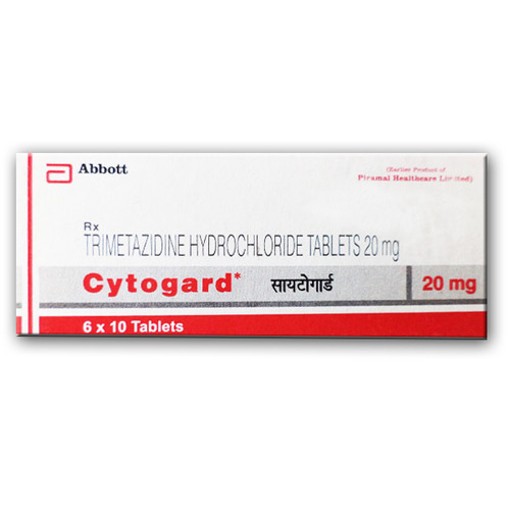
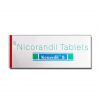
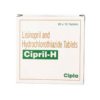
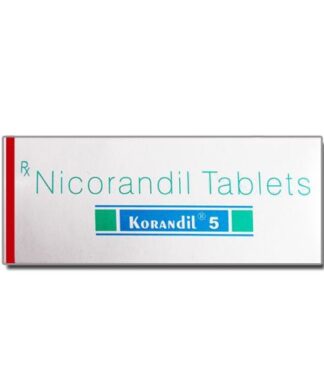
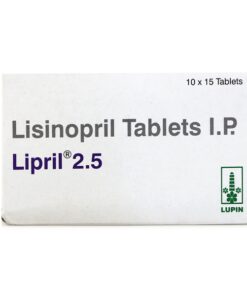
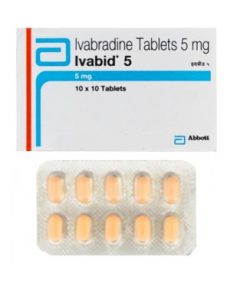
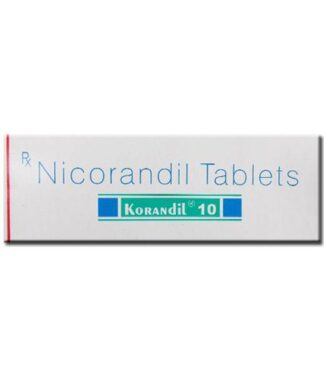
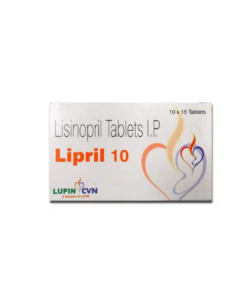
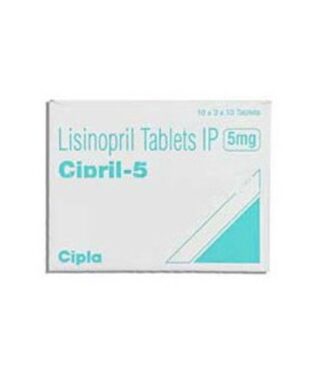
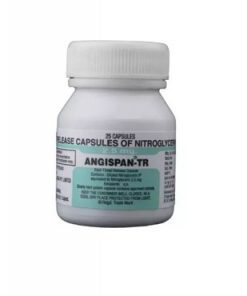
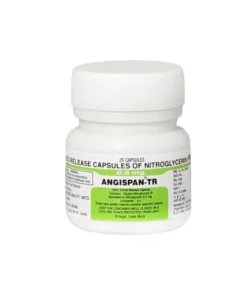
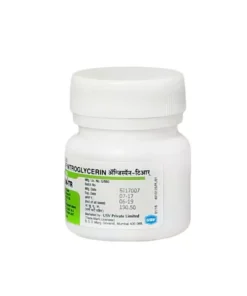
Kai –
Good quality.
Jackson –
The product is firmly packed.
Dominic –
Great service by Aryucare , products and packing is good, shipping is fast
Nicholas –
Great service by Aryucare , products and packing is good, shipping is fast
Camden –
The product is firmly packed.
Kaden Arabic –
Good service.
Anthony –
Good service.
Nicholas –
Great service by Aryucare , products and packing is good, shipping is fast
Mateo –
Great service by Aryucare , products and packing is good, shipping is fast
Kevin –
Great service by Aryucare , products and packing is good, shipping is fast